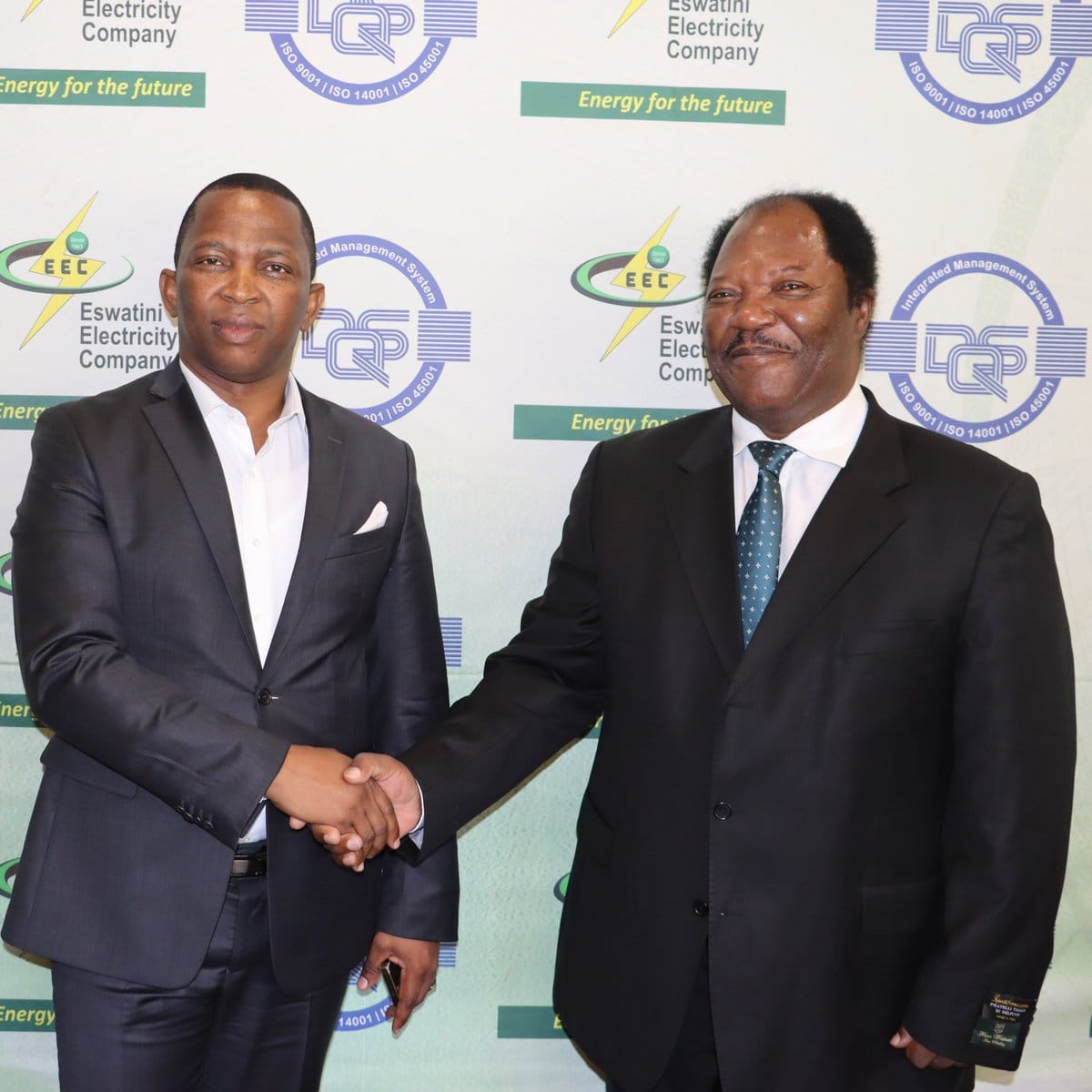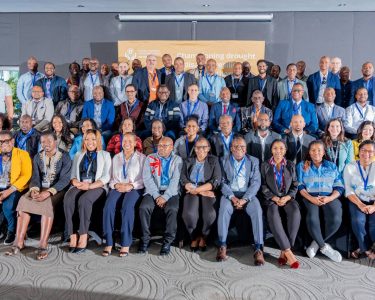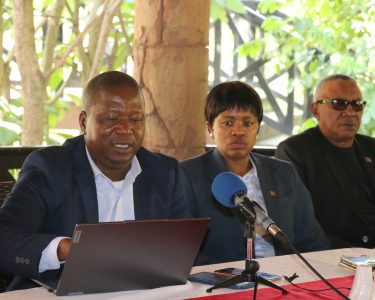
By Ntombi Mhlongo
Is the recent appointment of the Eswatini Electricity Company (EEC) Board Chairperson a case of ‘same script, different cast’?
This is a question that some experts in corporate governance are asking themselves following the appointment of Royal Eswatini Sugar (RES) Corporation General Operations Manager Patrick Myeni into the position.
The appointment was announced by acting Minister of Natural Resources and Energy Jabulani Mabuza, but some experts are of the view that there is a potential conflict of interest because the new chairperson is employed by RES Corporation which envisions increasing its power generation capacity and could become a supplier to EEC soon.
Read More: EEC profits meant for projects, guaranteed supply – MD
At the same time, he, together with the whole Board, has been directed by the minister to implement all pipeline projects at EEC to ensure that the country has an efficient power supply, which is in line with the company’s strategy, Vutsela 2022-2027.
Hot Seat
Interestingly, Myeni was appointed to replace someone whose stay in the position was viewed as a conflict of interest. That was Dr Phil Mnisi who had been in the EEC Chairmanship hot seat for close to a year despite that he was conflicted following his appointment as the Governor of the Central Bank of Eswatini (CBE).
His stay in the position was not in line with the Central Bank of Swaziland Order of 1974 which stipulates that the governor and deputy shall devote the whole of their professional services to the bank. It also states that while holding office, the two shall not, without the written approval of the minister receive any salary or supplement thereto from any other source other than the bank.
Regarding Myeni, the experts have said that RES Corporation is not only the biggest client to EEC but also on the verge of becoming a player in the energy sector, something which they say might compromise him as both entities are hard at work coming up with strategies meant to ensure sufficient power supply.
In the RES Corporation Annual Performance Report for 2022, the entity laid bare that plans are afoot of becoming a large-scale electricity producer in the next few years.
Energy Master Plan
“Although the existing Eswatini’s power purchase agreement with South Africa will be renewed in 2025, Eswatini’s power supply will no longer be secured. This risk impacts directly on the sustainability of the RES business,” reads part of the RES Corporation annual report.
It mentioned that against the backdrop of the power purchase agreement with South Africa coming up for renewal in 2025, RES is proactively formulating a comprehensive energy master plan to ultimately become energy self-sufficient.
It also said that it was assessing the feasibility of renewable energy generation, such as solar plants and new biomass boilers for high-pressure steam and maximum electricity production so that we can be self-sufficient by 2026.
Read More: Central Bank Governor replaced at EEC Board
“We also hope to become a net exporter of power to the national grid in the longer term. Eswatini currently imports in the order of 70 per cent of its electricity from Eskom. There are also several opportunities for enhancing energy efficiency across RES’s operations. Some form an integral part of the factory projects at Mhlume and Simunye, while others could potentially form part of a wider energy master plan,” it is highlighted in the report.
In December 2022, the RES Corporation issued a tender inviting reputable renewable energy project developers to submit proposals to partner with it and invest in developing, building, and operating profitable and sustainable renewable energy generation project (s) above 50 megawatts.
No Conflict
As a means of getting clarity regarding the concerns, the Eswatini Financial Times reached out to the acting Minister of Natural Resources and Energy.
He responded by saying that there is no conflict of interest since the RES Corporation does not supply EEC-at least for now.
“There is no contract agreement for RES Corporation to supply electricity to EEC, so that should clear the air regarding the conflict of interest concerns,” Mabuza said.
It was brought to the attention of the minister that the RES Corporation has plans to become self-reliant and venture into maximum electricity production and perhaps become a supplier to the national grid soon. In this regard, the minister explained that electricity generation is not a one-day process and that the term of office for the Board is just two years.
By this, the minister meant that by any chance the RES Corporation become an independent power producer (IPP), the term of office for the current Board would be over. The appointment of the EEC Board is in line with the Swaziland Electricity Company Act, 2007, which, however, has no clause that relates to a conflict of interest for Board members.
Worth mentioning is that King III’s code of corporate governance dictates that Boards should comprise a majority of independent members. In particular, the King III framework advises that the chairperson of the Board should be independent and free of conflict of interest at appointment.






